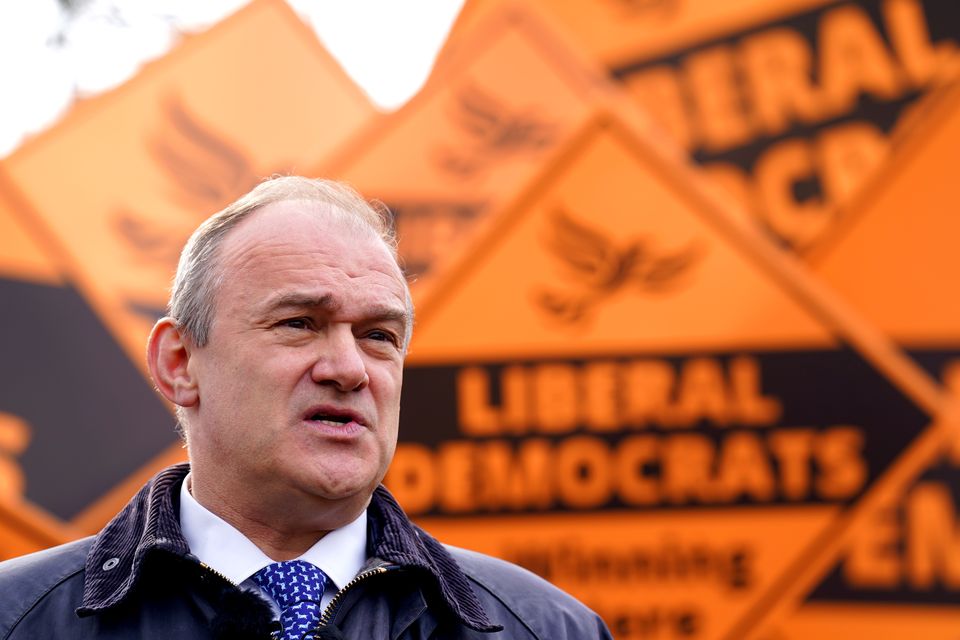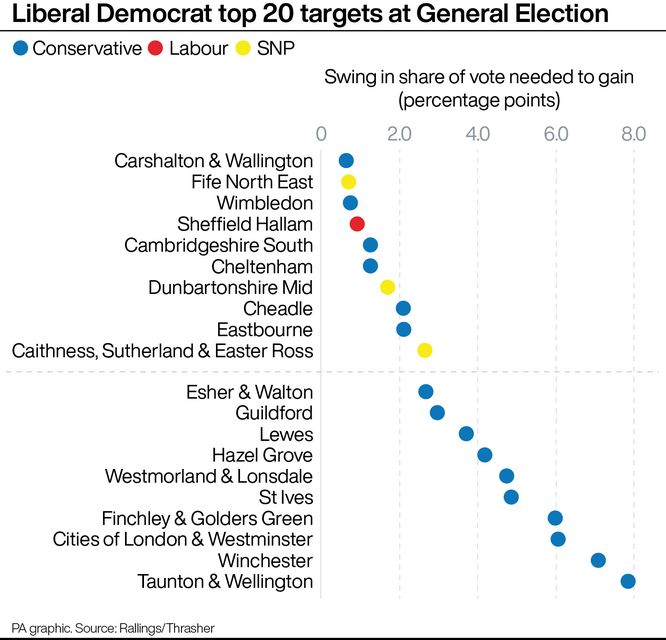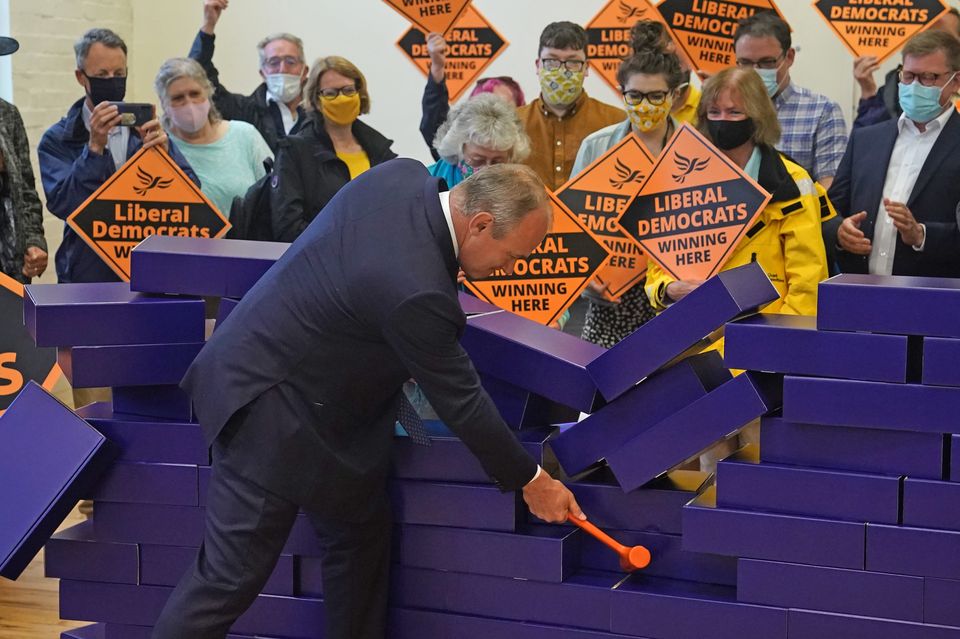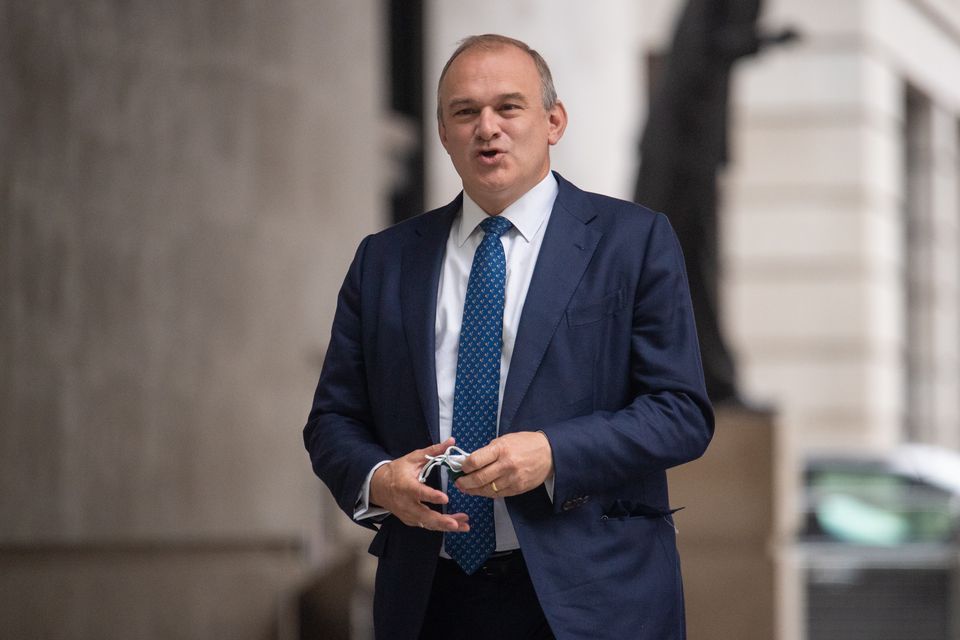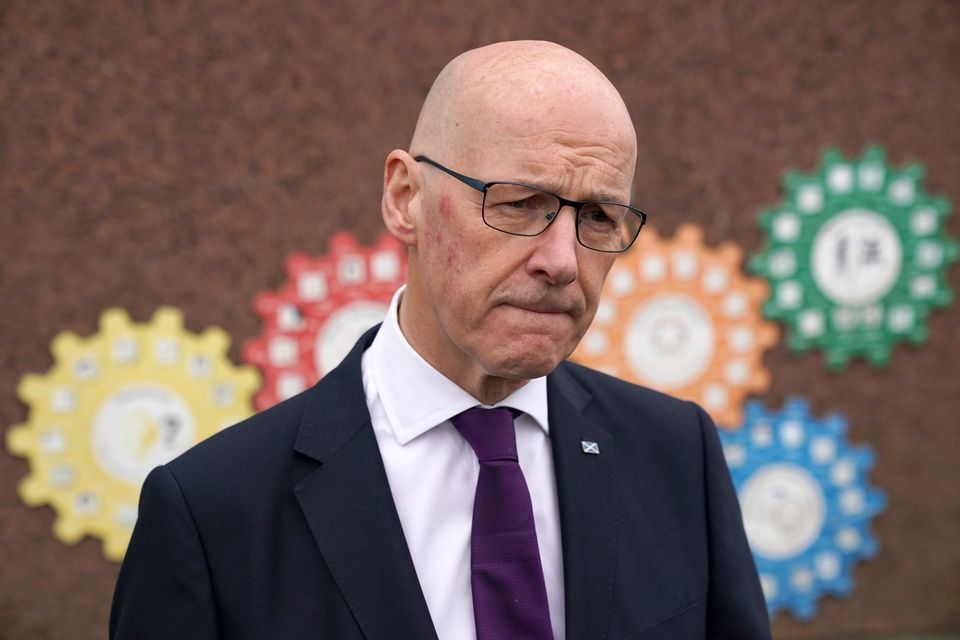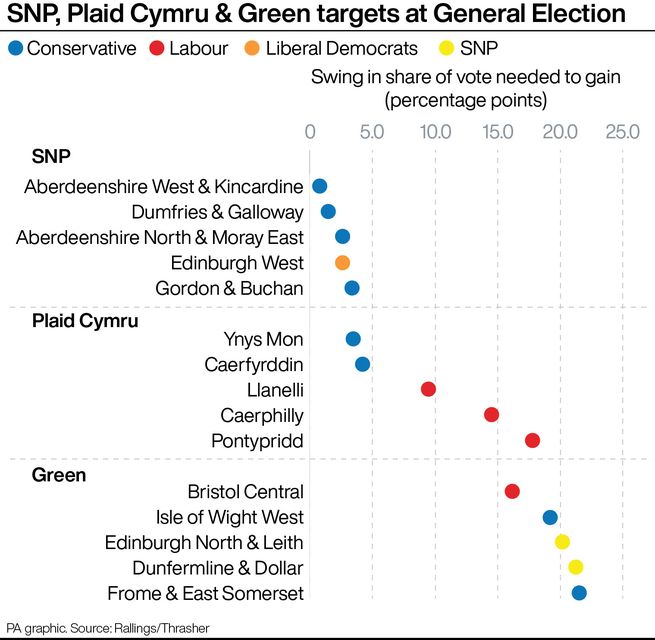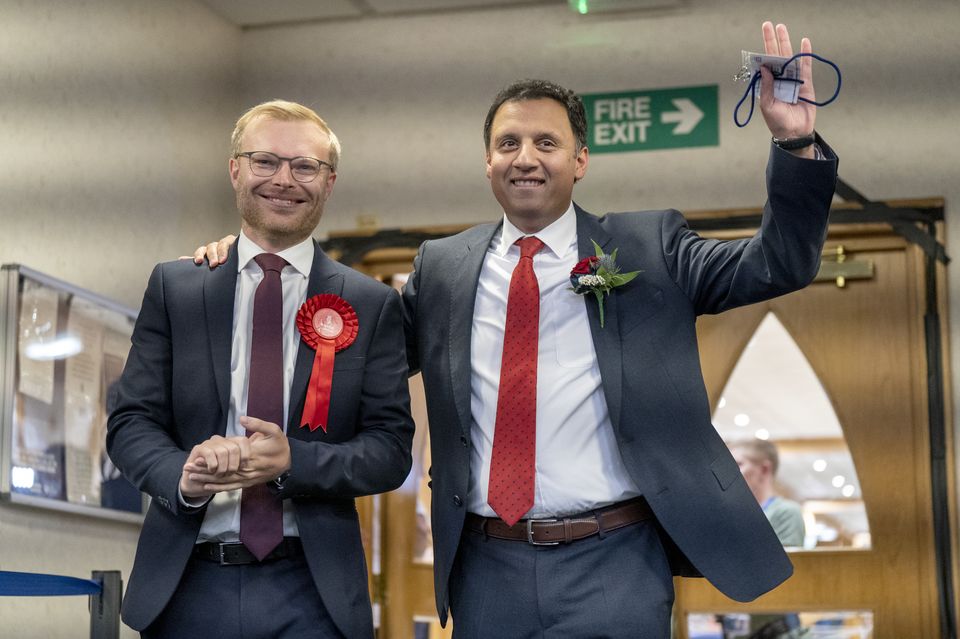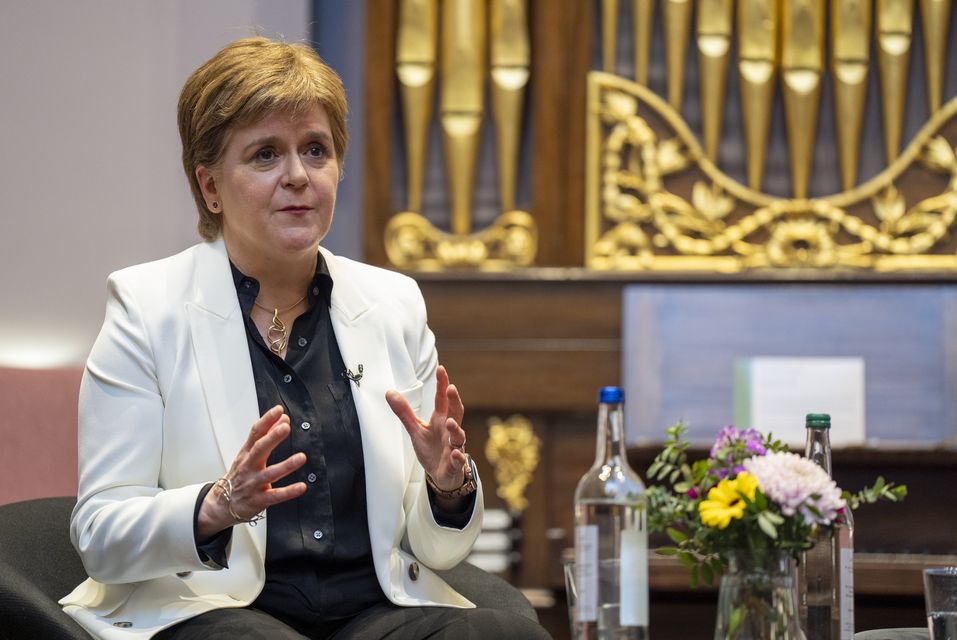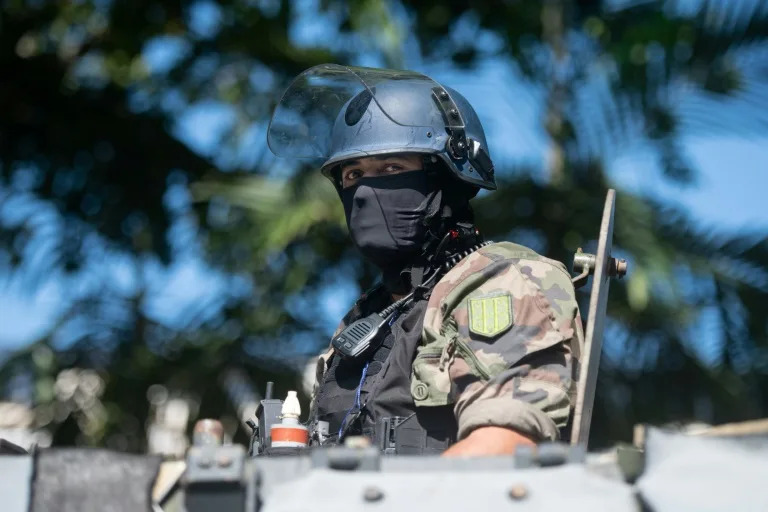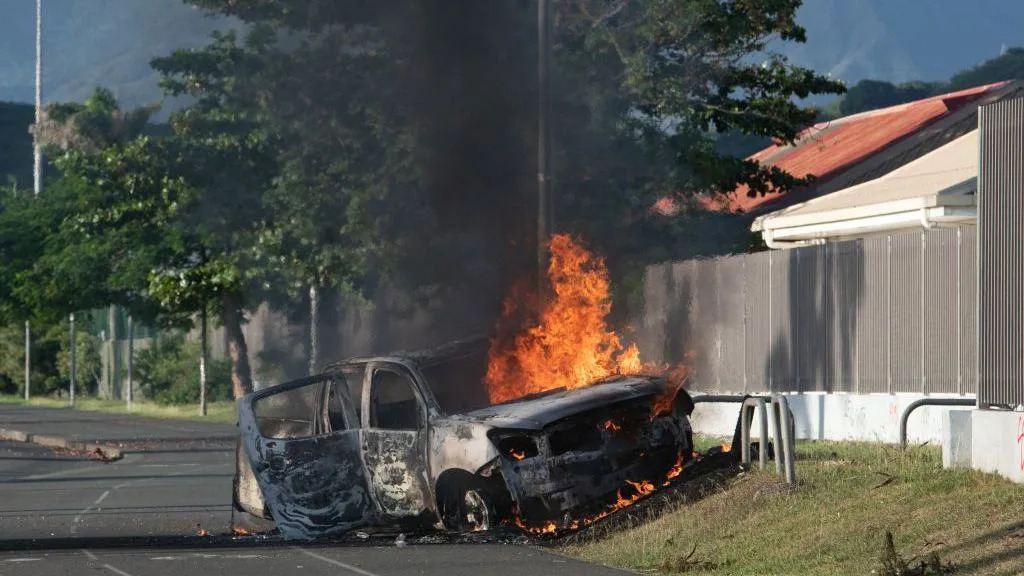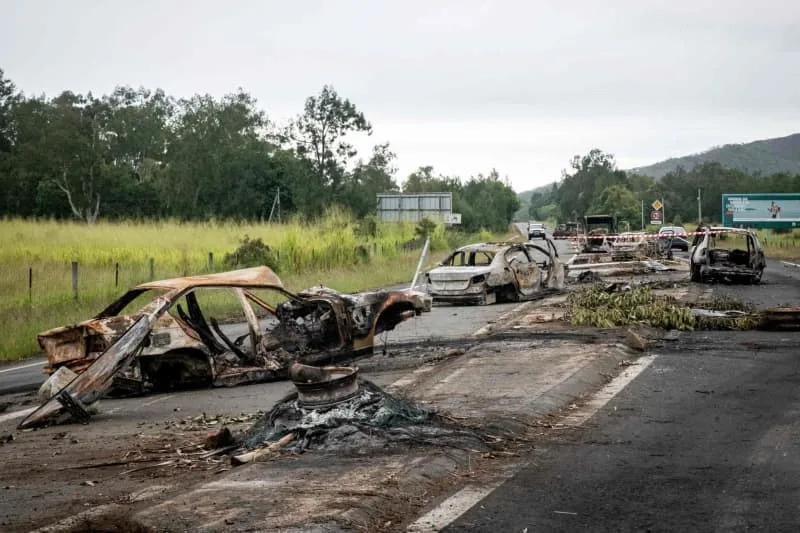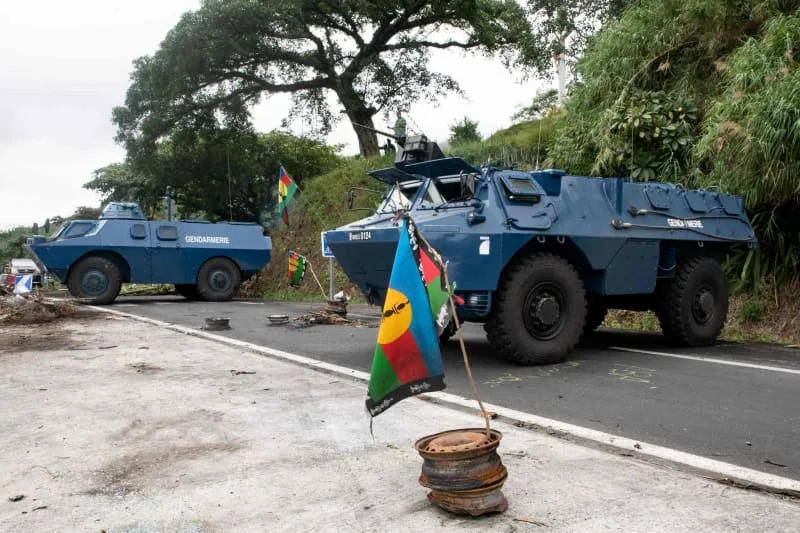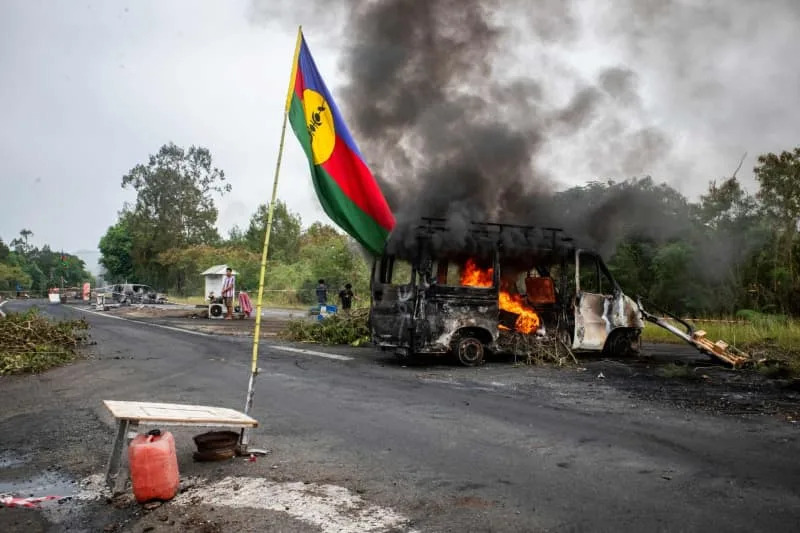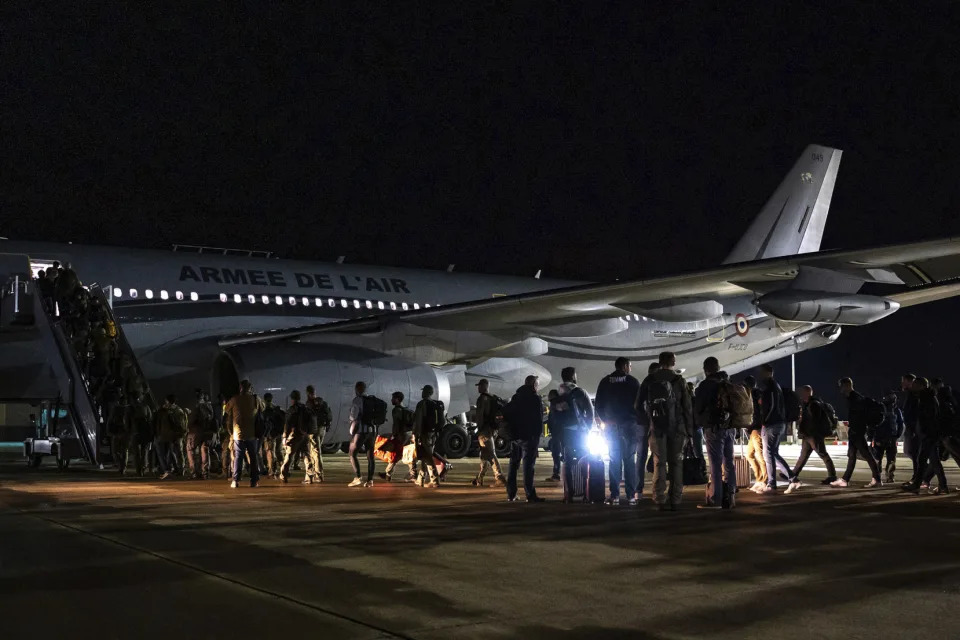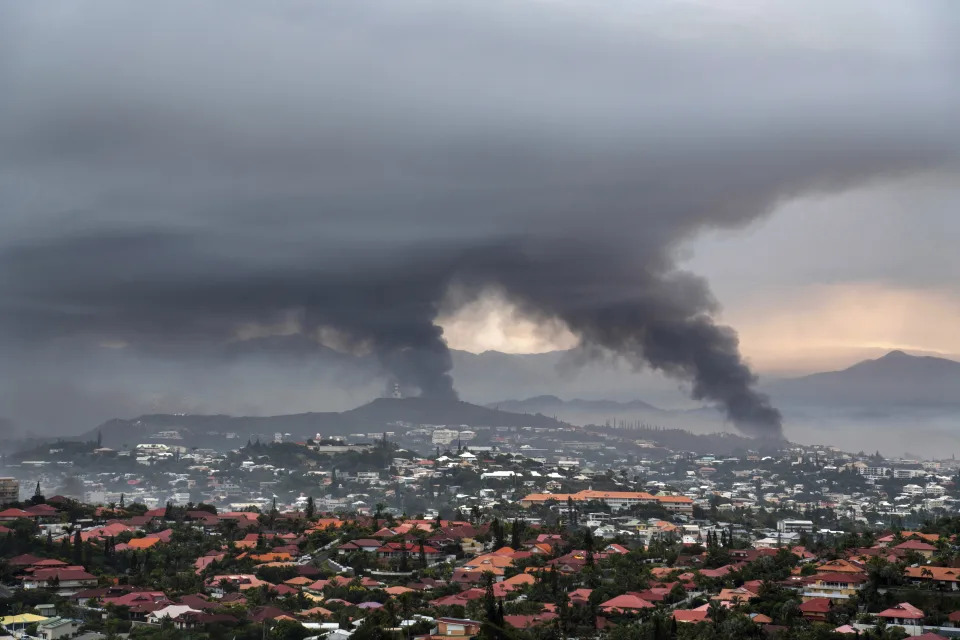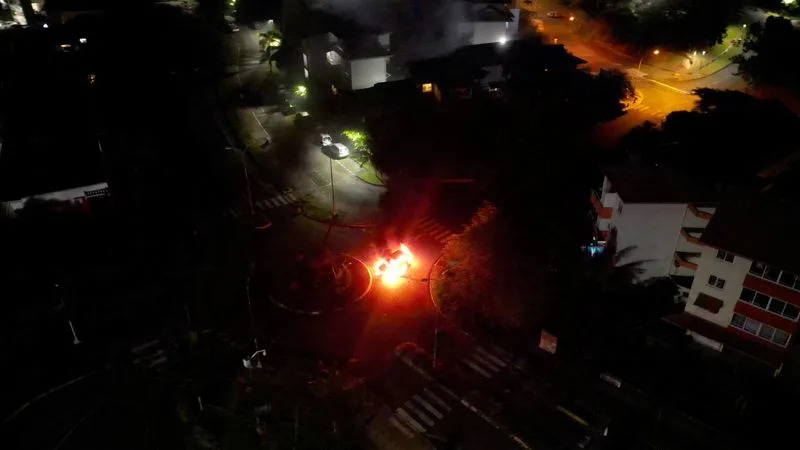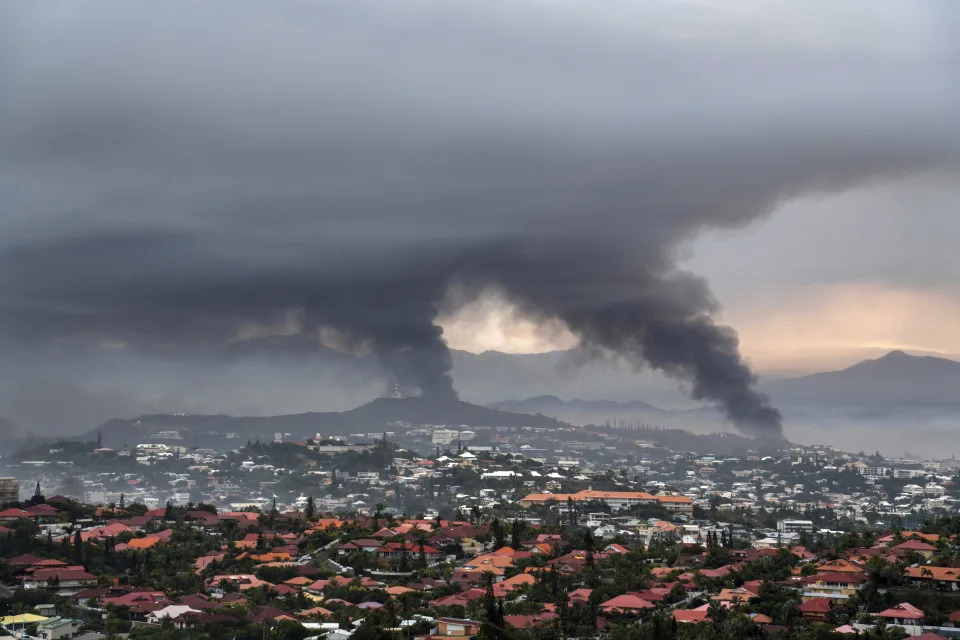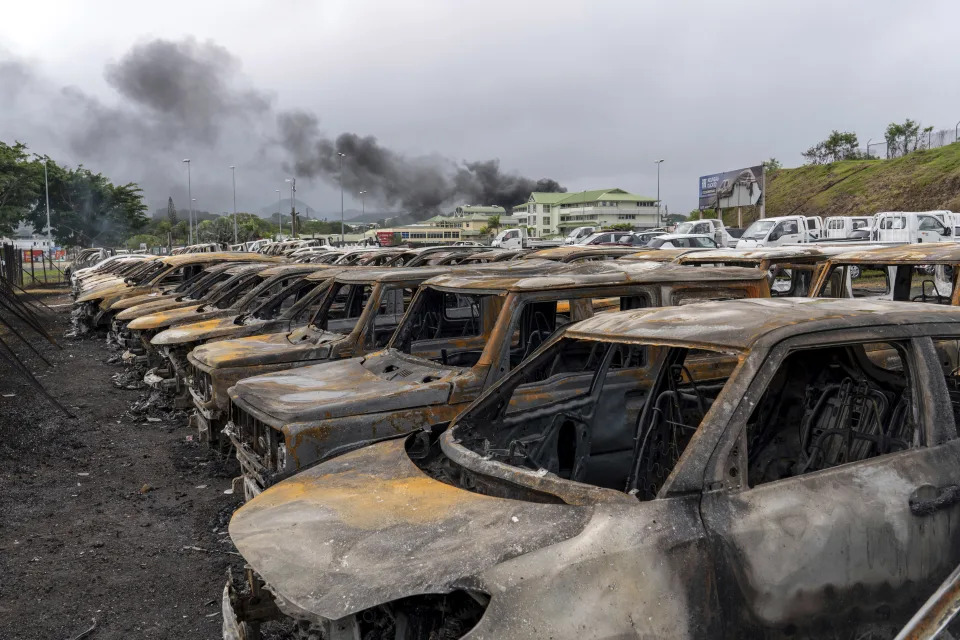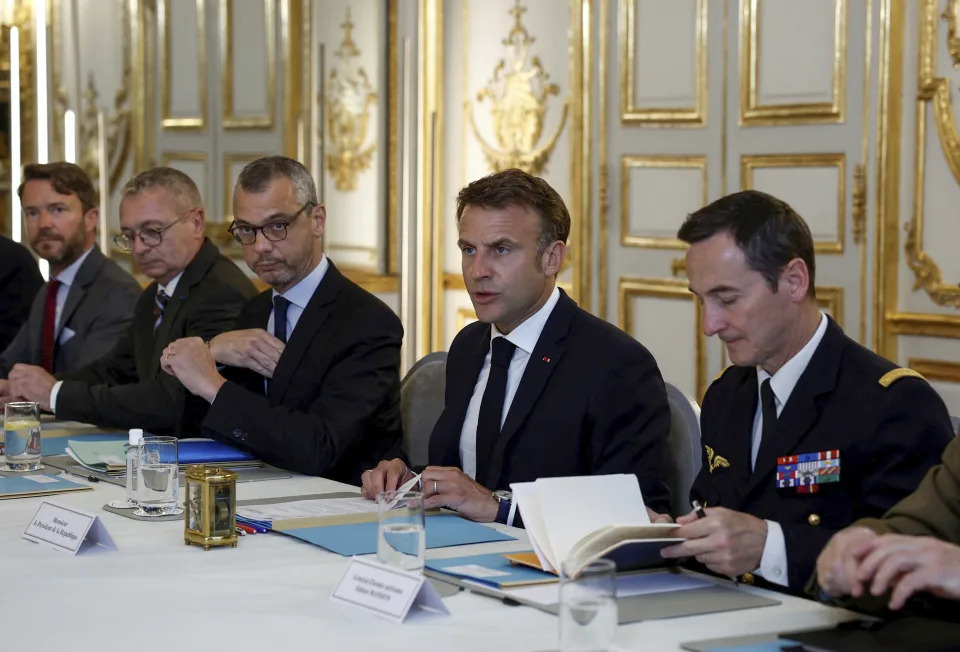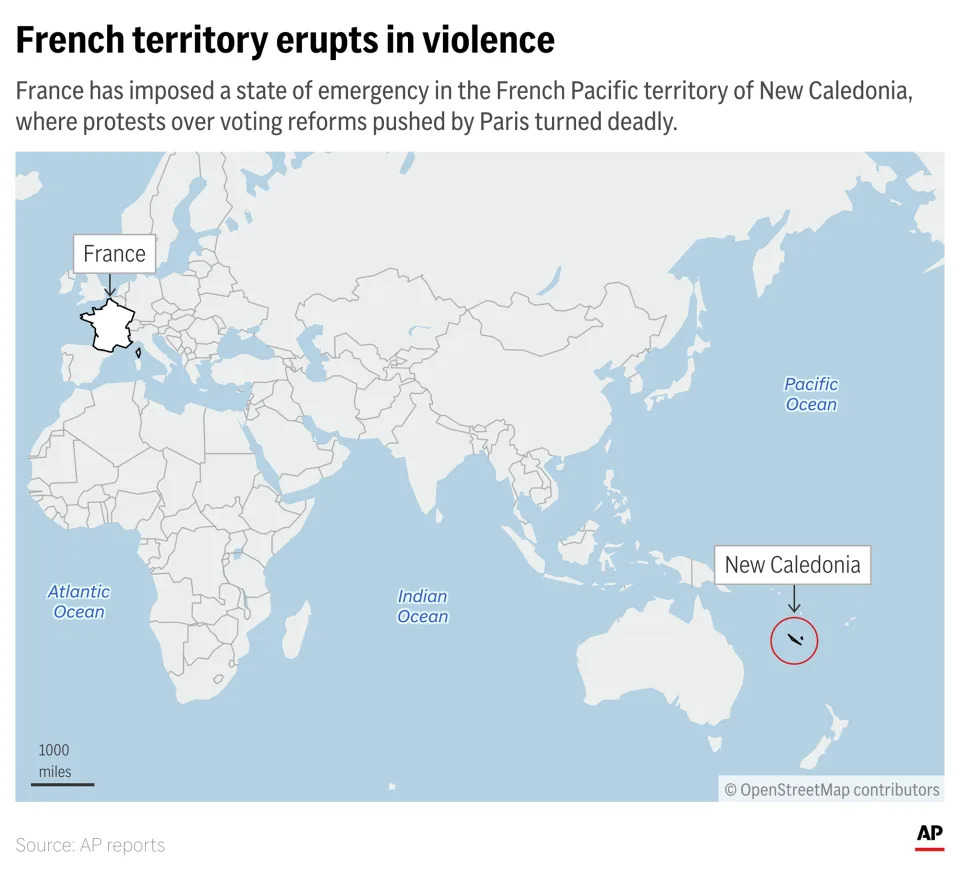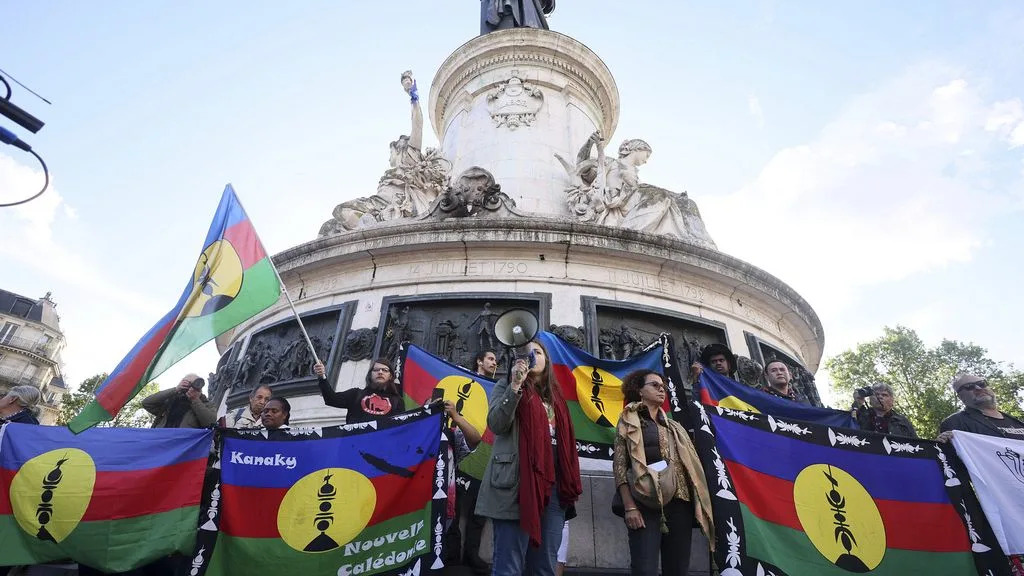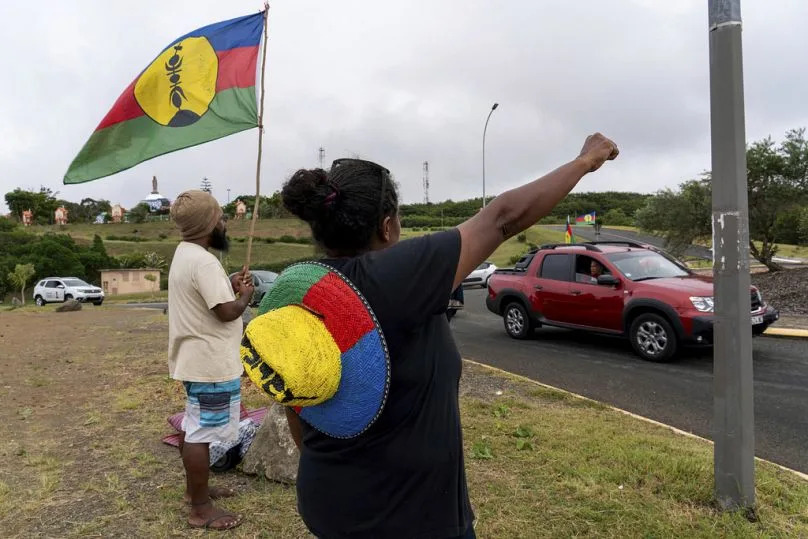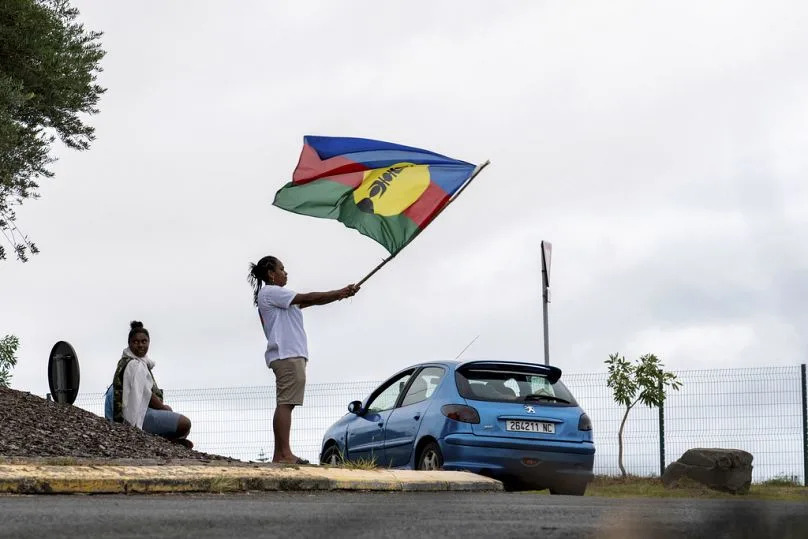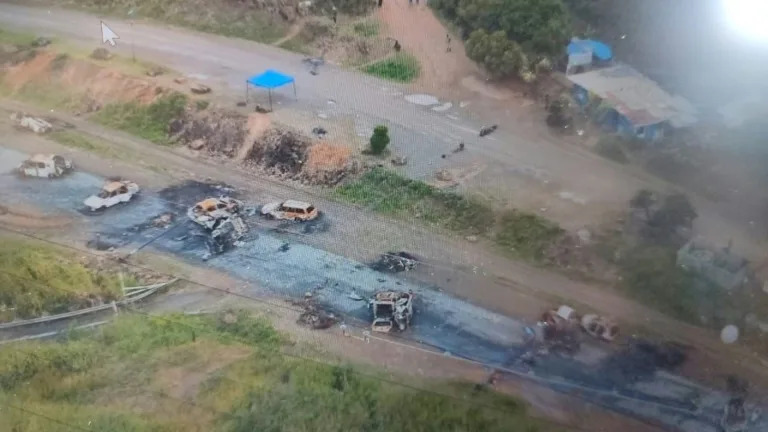Psychedelic drug-induced hyperconnectivity in the brain helps clarify altered subjective experiences
A first of its kind imaging study in Biological Psychiatry: Cognitive Neuroscience and Neuroimaging provides insights into how the brain works on psychedelic drugs and their potential use to treat psychiatric disorders
HEY MAN AM I IN YOUR HEAD OR ARE YOU IN MINE?!
IMAGE:
A NEW STUDY FINDS A PATTERN OF PSILOCYBIN-INDUCED DYNAMIC HYPERCONNECTIVITY IN THE BRAIN, WHICH IS LINKED TO OCEANIC BOUNDLESSNESS.
view moreCREDIT: BIOLOGICAL PSYCHIATRY: COGNITIVE NEUROSCIENCE AND NEUROIMAGING
Philadelphia, May 23, 2024 – A new study shows that the use of psilocybin, a compound found in the widely known “magic mushrooms,” initiates a pattern of hyperconnectivity in the brain linked to the ego-modifying effects and feelings of oceanic boundlessness. The findings, appearing in Biological Psychiatry: Cognitive Neuroscience and Neuroimaging, published by Elsevier, help explain the so-called mystical experiences people report during the use of psychedelics and are pertinent to the psychotherapeutic applications of psychedelic drugs to treat psychiatric disorders such as depression.
The concept of oceanic boundlessness refers to a sense of unity, blissfulness, insightfulness, and spiritual experience often associated with psychedelic sessions.
In one of the first brain imaging studies in psychedelic research, investigators found a specific association between the experiential, psychedelic state and whole-brain dynamic connectivity changes. While previous research has shown increases in static global brain connectivity under psychedelics, the current study shows that this state of hyperconnectivity is dynamic (changing over time) and its transition rate coincides with the feeling of oceanic boundlessness, a hallmark dimension of the psychedelic state.
Lead investigator Johannes G. Ramaekers, PhD, Department of Neuropsychology and Psychopharmacology, Faculty of Psychology and Neuroscience, Maastricht University, says, "Psilocybin has been one of the most studied psychedelics, possibly due to its potential contribution in treating different disorders, such as obsessive-compulsive disorder, death-related anxiety, depression, treatment-resistant depression, major depressive disorder, terminal cancer-associated anxiety, demoralization, smoking, and alcohol and tobacco addiction. What was not fully understood is what brain activity is associated with these profound experiences."
Psilocybin generates profound alterations both at the brain and the experiential level. The brain's tendency to enter a hyperconnected-hyperarousal pattern under psilocybin represents the potential to entertain variant mental perspectives. The findings of the new study illuminate the intricate interplay between brain dynamics and subjective experience under psilocybin, providing insights into the neurophysiology and neuro-experiential qualities of the psychedelic state.
Dr. Ramaekers adds, "Taken together, averaged and dynamic connectivity analyses suggest that psilocybin alters brain function such that the overall neurobiological pattern becomes functionally more connected, more fluid, and less modular."
Previously acquired functional magnetic resonance imaging (fMRI) data were analyzed for two groups of people; one group of 22 individuals received a single dose of psilocybin, the other 27 participants received a placebo. During the drug's peak effects, participants who received psilocybin reported substantial phenomenological changes compared to placebo. Also, brain connectivity analysis showed that a pattern characterized by global region-to-region connectivity was re-appearing across the acquisition time in the psilocybin group, potentially accounting for the variant mental associations that participants experience.
Moreover, this hyperconnected pattern was linked to oceanic boundlessness and unity, which indicates an important mapping between brain dynamics and subjective experience, pointing towards “egotropic effects” (vs hallucinergic) of the drug.
PhD candidate and co-author of the paper Larry Fort, University of Liège, emphasizes: “Psychedelic drugs like psilocybin are often referred to as hallucinogens both scientifically and colloquially. As such, we expected that the hallucinatory dimensions of experience would correlate the highest with psilocybin’s hyperconnected pattern. However, hallucinatory experience had a strong, but weaker correlation with this pattern than ego-modifying experiences. This led us to formulate the term ‘egotropic’ to draw attention to these ego-modifying effects as important, perhaps even more so than their hallucinogenic counterparts.”
Editor-in-Chief of Biological Psychiatry: Cognitive Neuroscience and Neuroimaging Cameron S. Carter, MD, University of California Irvine, comments, “This study uses readily available resting state fMRI images acquired after psilocybin ingestion to provide new insights into the neurophysiological mechanisms underlying the subjective and clinical effects of the drug. It sets the stage for future studies using other psychedelic agents to examine whether the dynamic connectivity effects reflect a general mechanism for the therapeutic effects of these compounds.
Lead investigator Athena Demertzi, PhD, Physiology of Cognition, GIGA-CRC In Vivo Imaging Center, University of Liège, adds, "We were pleasantly surprised to learn that the brain pattern of hyperconnected regions was further characterized by lower global signal amplitude, which works as a proxy to heightened cortical arousal. So far, this is the first time that such approximation of arousal levels using fMRI was attempted in psychedelic research. This might be an important correlation as we move towards a full characterization of brain states under psychedelics."
She concludes, "Given the resurgence in research regarding the psychotherapeutic applications of psychedelic drugs, our results are pertinent to understanding how subjective experience under psychedelics influences beneficial clinical outcomes. Is the effect driven by ego-dissolution? By hallucinations? As such, our work exemplifies how the strong inter-relatedness between egotropic effects of moderate dose psilocybin and its hyperconnected brain pattern can inform clinical focus on specific aspects of phenomenology, such as ego-dissolutions. With this information, healthcare professionals may learn how to best engineer psychedelic therapy sessions to produce the best clinical outcomes."
JOURNAL
Biological Psychiatry Cognitive Neuroscience and Neuroimaging
METHOD OF RESEARCH
Imaging analysis
SUBJECT OF RESEARCH
People
ARTICLE TITLE
Dynamic Functional Hyperconnectivity after Psilocybin Intake Is Primarily Associated with Oceanic Boundlessness
ARTICLE PUBLICATION DATE
6-Apr-2024
COI STATEMENT
The authors’ affiliations and disclosures of financial and conflicts of interests are available in the article. Cameron S. Carter, MD, is Chair of the Department of Psychiatry & Human Behavior at the University of California, Irvine School of Medicine. His disclosures of financial and conflicts of interests are available at http://www.biologicalpsychiatrycnni.org/bpsc-editorial-disclosures.
